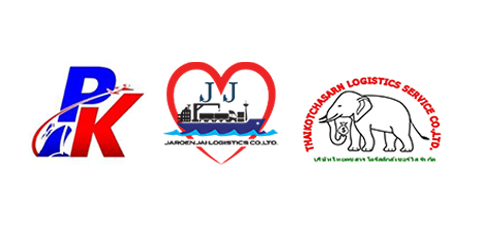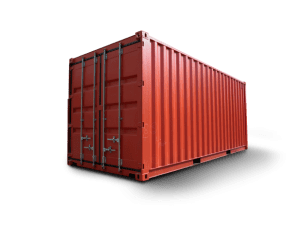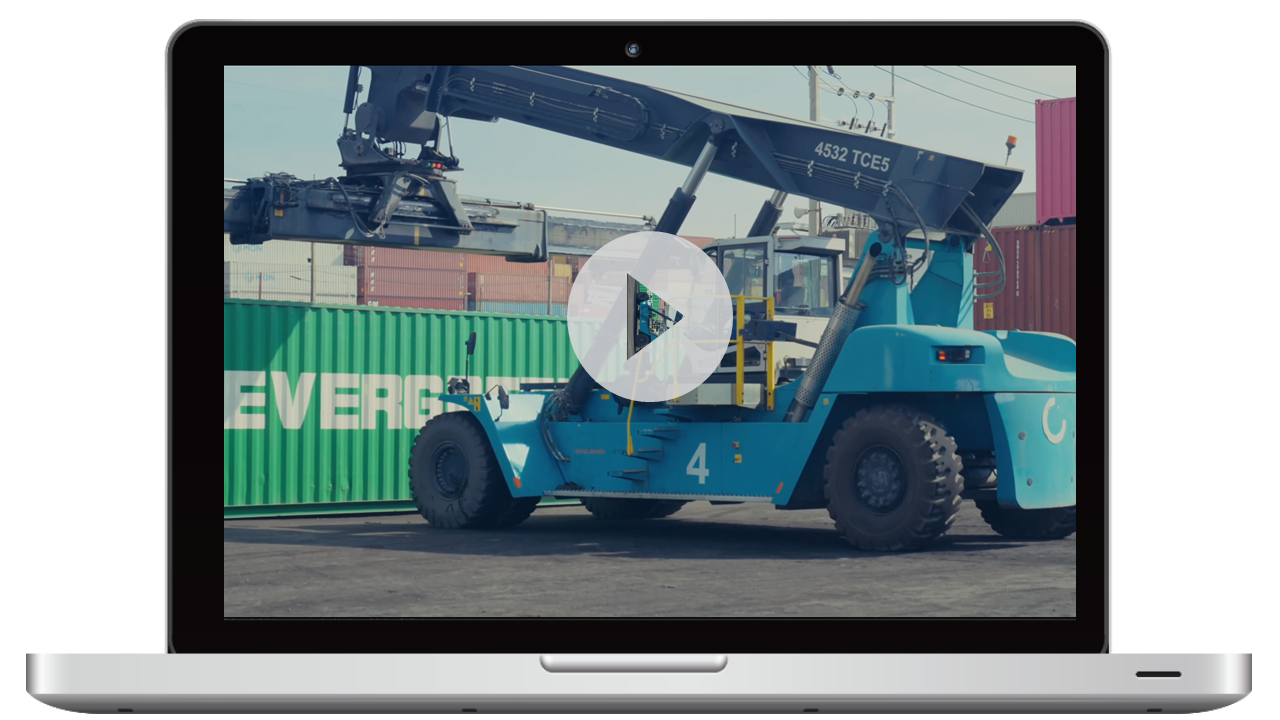

How three transport companies are modernizing container logistics in Thailand with Matchbox Exchange
As Thailand’s container trade continues to grow, driven by record-breaking exports and increased port activity, logistics providers are facing mounting pressures. Port and depot congestion, truck shortages, rising operational costs, and carbon reduction targets are pushing the industry to rethink how containers move across the supply chain.
This exclusive video testimonial and article take you behind the scenes with three Thai transporters who are embracing digital solutions to address these challenges. Through container reuse and exchange, they’re cutting depot wait times, lowering costs, boosting truck productivity, and building a more connected and sustainable logistics network that supports Thailand’s long-term modernization goals.
Thailand's booming container trade
Thailand’s export sector hit a record high in 2024, crossing USD 300 billion in value and reinforcing the country’s position as a critical link in global supply chains. Thailand’s port network manages over 8 million TEUs annually, supporting thriving industries in automotive, electronics, and agriculture.
While trade growth brings opportunity, it also puts immense pressure on logistics infrastructure. Truck shortages, port congestion, rising surcharges, and an aging container depot network have created structural bottlenecks that hinder supply chain agility. Bangkok Port and Laem Chabang are undergoing significant upgrades, but until these long-term projects materialize, stakeholders across Thailand's logistics ecosystem are looking for immediate solutions.
The pressing challenges
Severe port congestion: Laem Chabang Port faces vessel backlogs and truck waiting times that exceed 10 hours, sometimes stretching to 24. This causes steep operational costs, low truck turnover, and delayed shipments.
Aging infrastructure: Many warehouses, container yards, and stuffing yards remain outdated, limiting handling capacity and reducing overall operational flexibility.
Truck shortages and idle time: With limited truck availability, especially at major inland depots, export containers face pickup delays, disrupting supply chain efficiency.
Surging container volume: In 2024 alone, Laem Chabang saw an 8% jump in TEU volume, adding nearly 700,000 units which is triple the average annual growth. The surge continues in 2025.
Rising surcharges: Exporters and importers are being hit with higher costs due to delays, truck idle time, and gate fees.
Transforming container logistics through digital collaboration
MatchBox Exchange, a digital container logistics platform, is helping Thai transporters and shippers navigate these pain points through container reuse and exchange models that reduce depot visits, save fuel, and boost truck productivity.
At the heart of MatchBox’s impact is collaboration: connecting logistics providers who need containers with those who have them, in real time.
“Earlier, with one truck, we could only manage 2 trips per day. However, after adopting MatchBox, we were able to reuse unloaded import containers for export on the same day, allowing us to make 4-5 trips” shared Phurin Settasing from Jaroenjai Logistics.
The reuse model
Through the reuse feature, import containers can be directly reassigned for export use, without ever going back to the depot. This slashes turnaround times, improves truck utilization, and ensures faster delivery to exporters while eliminating long depot queues.
“The feedback from BCOs has been very positive because they can get empty containers delivered to their factories immediately for loading. It allows us to utilize our trucks much more efficiently,” explains Pannawit Pojsiri from Thaikotchasarn Logistics.
The exchange model
When reuse isn't an option, the exchange model allows transporters to share container inventory across a trusted partner network. One company’s import container becomes another’s export opportunity. This not only reduces empty miles and wait times at depots but also improves operational flexibility by giving carriers more container options without the usual delays.
Pannawit from Thaikotchasarn further elaborates “We've been exchanging containers with Jaroenjai for more than two years. As transport companies, our booking schedules typically don't align, and we may work with different shipping agents. However, by collaborating and sharing container inventory, we're able to support each other. When one party has bookings and the other has containers with the same carrier, we can coordinate easily. It becomes a win-win situation,”
Delivering real-world impact
MatchBox Exchange is helping Thai transporters address day-to-day logistics challenges through practical solutions that improve how containers and trucks are utilized.
Increased capacity: With depot trips eliminated, truckers can significantly increase their daily runs.
- Depot avoidance: Drivers skip long queues and idle time at container/depot yards.
- Lower costs: Fewer trips to the depot mean lower fuel usage and reduced penalties from delays.
- Faster turnaround: Exporters receive containers faster, improving shipment readiness.
- Sustainability: Less driving means fewer emissions and a greener supply chain.
Supporting Thailand’s push for smarter, greener logistics
As Thailand upgrades its logistics infrastructure, through smart port initiatives, improved intermodal connectivity, and a national push toward carbon neutrality, digital solutions that optimize asset use are gaining traction on the ground. Platforms like MatchBox Exchange, which enable the reuse and exchange of containers, are helping local transporters avoid unnecessary depot trips and reduce emissions in the process.
Since launching the Thai version of the platform in August 2020, MatchBox has grown steadily across the country. From the start of 2024, platform adoption in Thailand has risen by 278%, with each reuse or exchange booking saving valuable trucking time, distances and costs.
The platform is integrated with major global carriers operating in Thailand, including Maersk, Sealand, Hapag-Lloyd, CMA CGM Group (ANL, APL, CNC), PIL, and ONE—making it easier for Thai operators to collaborate efficiently, even in a high-volume trade environment. As Thailand advances toward a more connected and sustainable logistics future, local transporters using MatchBox Exchange are already leading the way, trip by trip, container by container.
For a closer look at how this transformation is unfolding on the ground, hear directly from members of Thailand’s logistics community in the video above.
What could MatchBox Exchange do for your business?
Contact the MatchBox Exchange team to request a demo and discuss how we can add value your operation.
By submitting this form, you agree that MatchBox Exchange will store and process your personal data in accordance with our privacy policy.

Thank you
for getting in touch
Your enquiry has been sent to the team, we will get
in touch with you shortly


